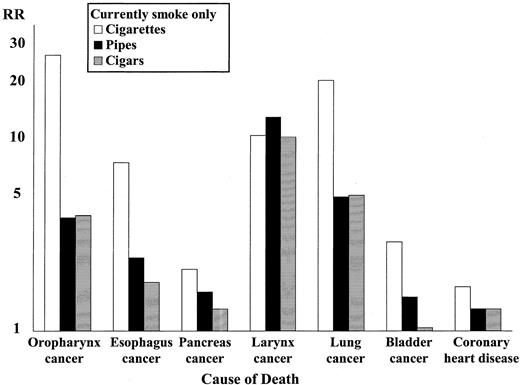Given the positive impact on mental health that nicotine can have I wouldn't say that pipe smoking is flat out unhealthy. Thinking about ADHD (which I have) - smoking a pipe gives me access to a stimulant/dopamine regulator in a form that basically forces me to do all the ADHD smart things like paying attention to my breathing, getting outside, having something to occupy my hands, providing an outlet for novelty and curiosity, etc. So I could take a medication the relies on a doctor's prescription and is subject to shortages, or I could buy 10lbs of bulk tobacco and be set for a very long time.
No one would bat an eye if I said I planned to take AHDH meds for the rest of my life (actually...my MIL is very crunchy and would bat both eyes repeatedly). Still, long term usage of meds to regulate mood and behaviour are completely fine so long as you get it monthly. And, if you want to do that, more power to you. I just prefer to pursue more traditional solutions in this case.
Also, my husband has been researching nicotine. Not tobacco usage but straight up nicotine. Very interesting. It's starting to feel suspect that nicotine and tobacco are being repressed. Nicotine can do some cool stuff - admittedly healthier when non combusted..
No one would bat an eye if I said I planned to take AHDH meds for the rest of my life (actually...my MIL is very crunchy and would bat both eyes repeatedly). Still, long term usage of meds to regulate mood and behaviour are completely fine so long as you get it monthly. And, if you want to do that, more power to you. I just prefer to pursue more traditional solutions in this case.
Also, my husband has been researching nicotine. Not tobacco usage but straight up nicotine. Very interesting. It's starting to feel suspect that nicotine and tobacco are being repressed. Nicotine can do some cool stuff - admittedly healthier when non combusted..













